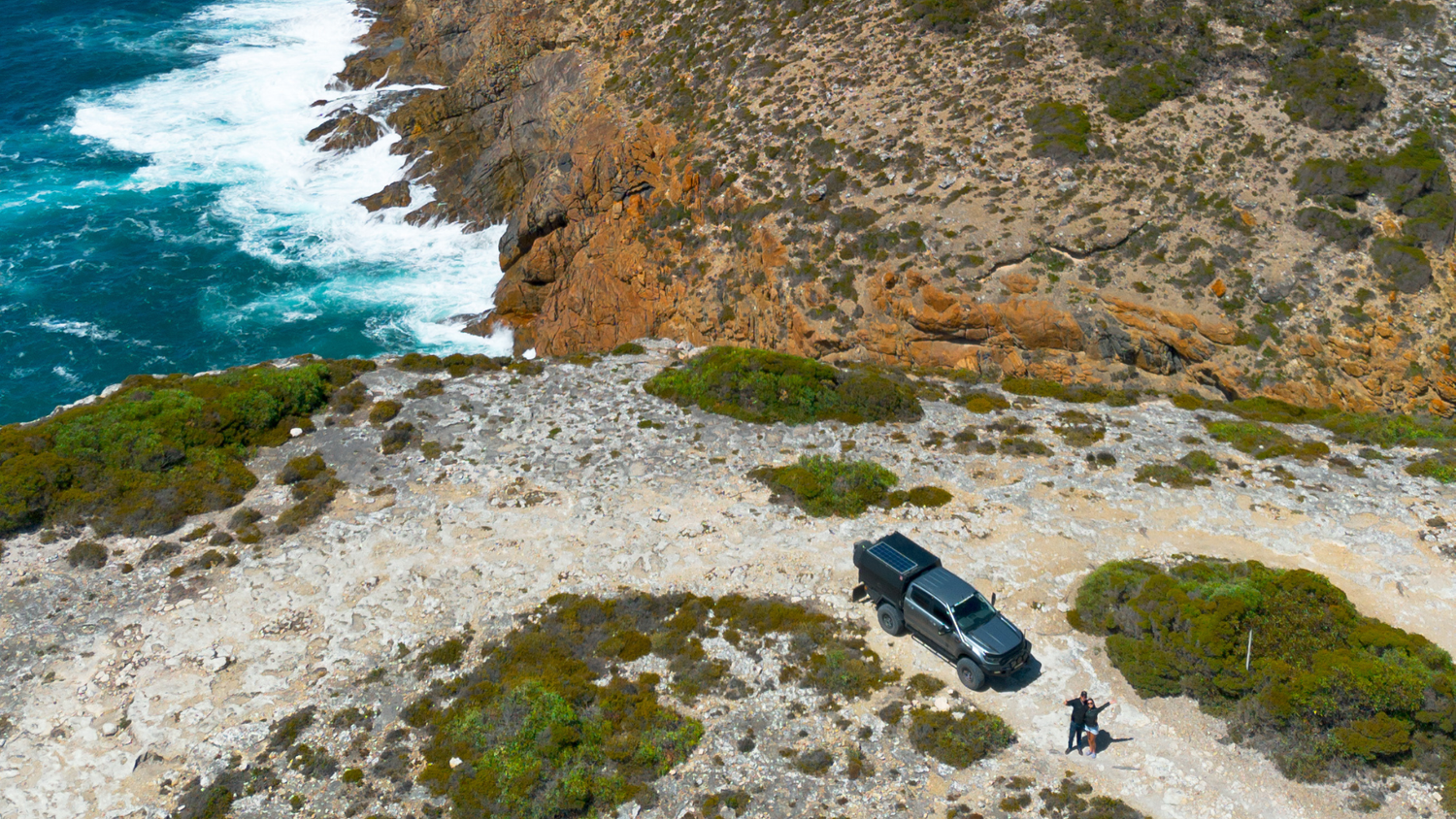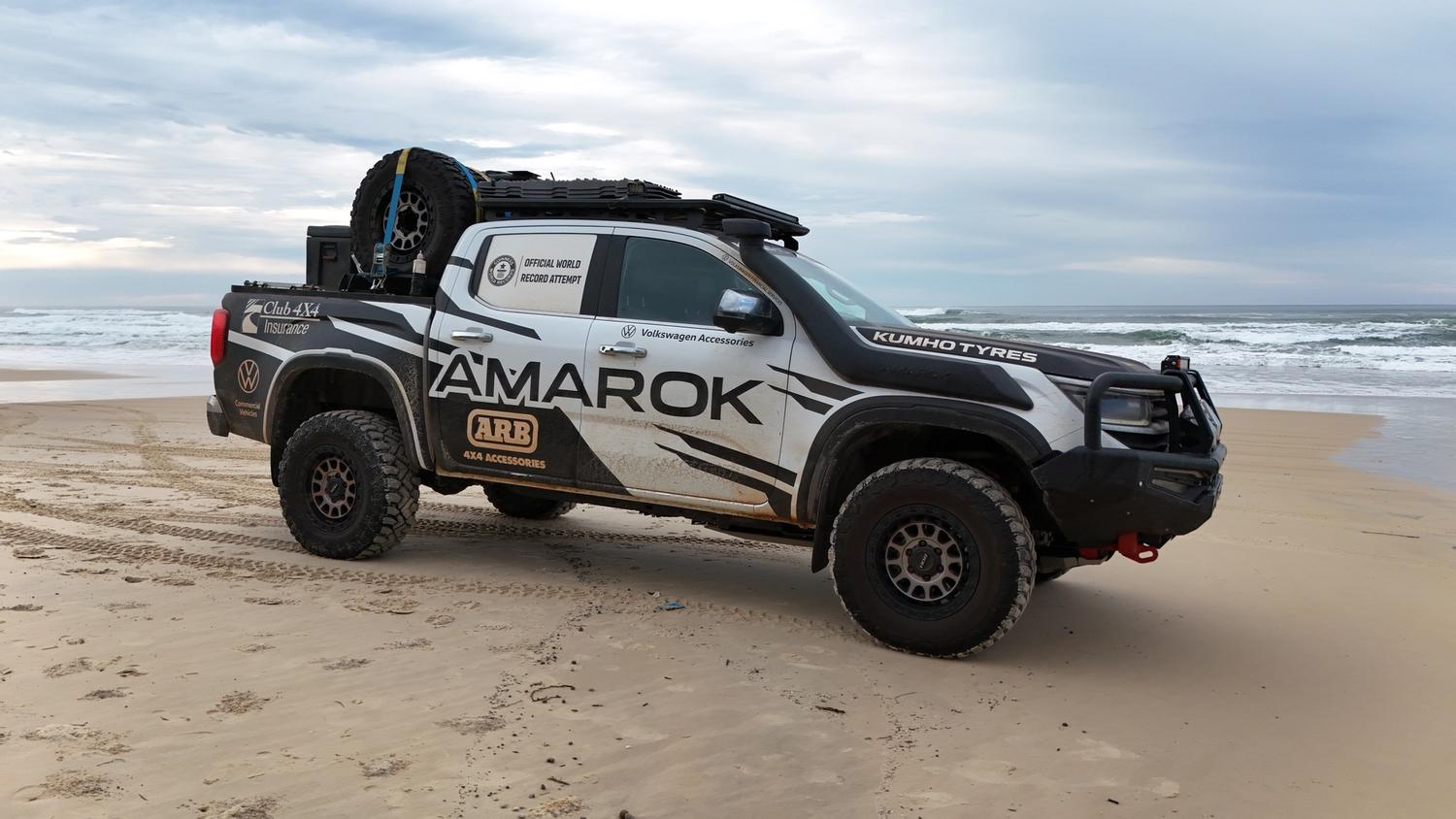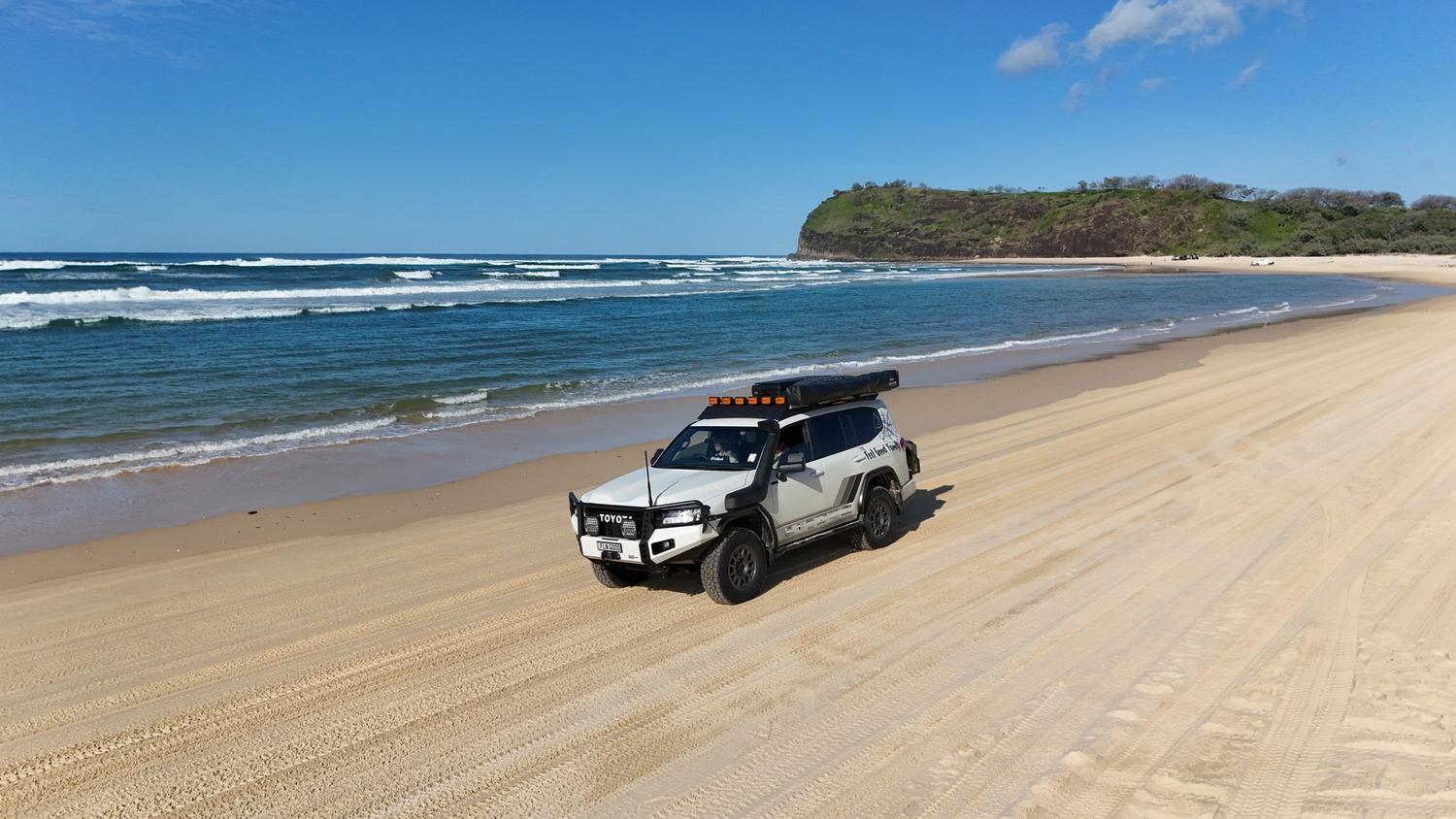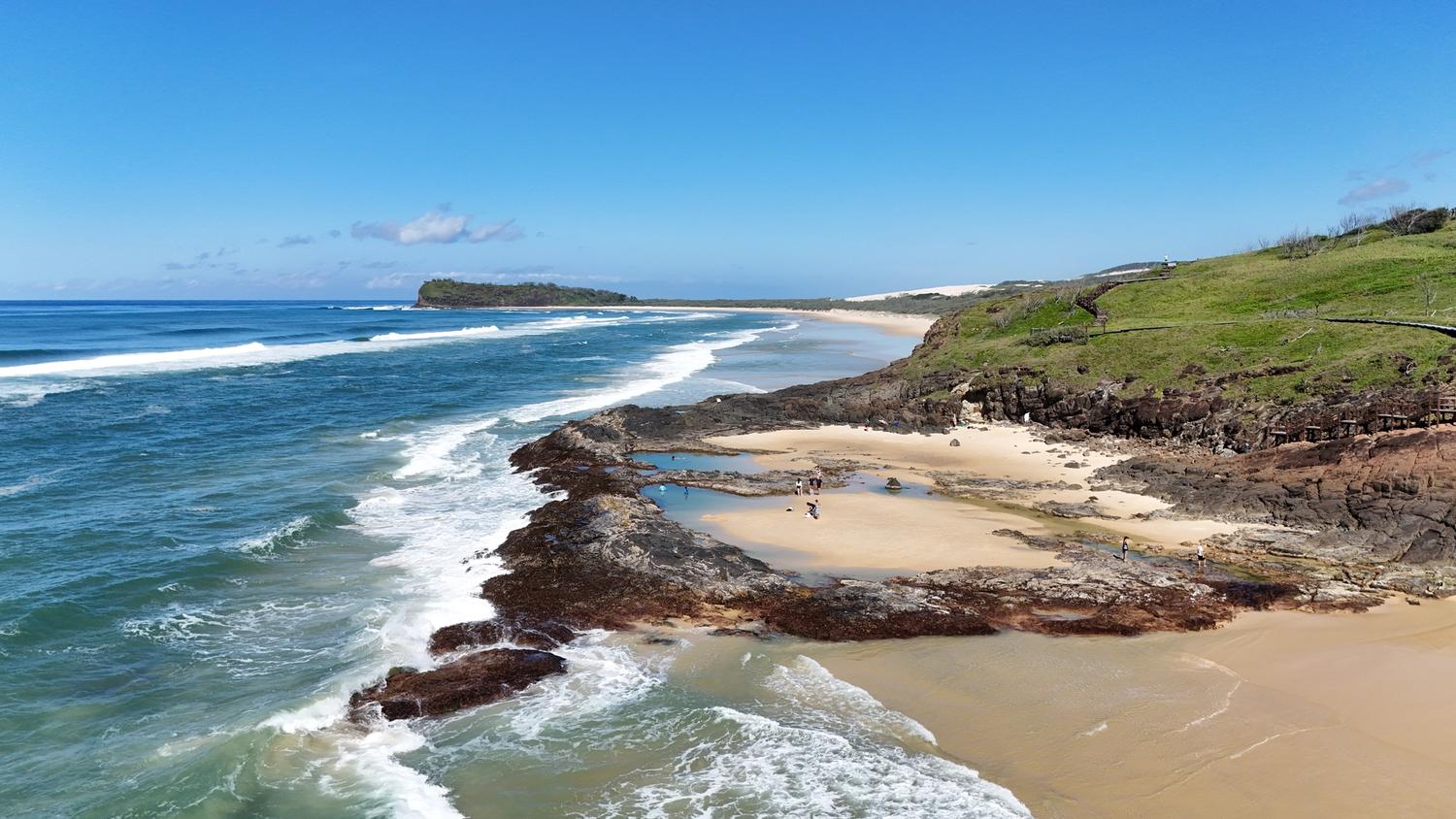BLOG
The Campfire
Pull up a chair and let us tell you a story
Topics
All

Expert Advice
The beginners guide to tackling different 4WD terrains
You don’t need to be a jack of all trades on day one, but having a rough idea and the basics of each terrain will limit the shock factor on your off-road adventure.

Reviews & Comparisons
Volkswagen Amarok Off-Road Review: From 10 Deserts to K'Gari Clean-Up
After covering everything from bitumen to beach highways, rainforest tracks and water crossings, the Amarok's came away with nothing but respect from the Club 4X4 team.

Expert Advice
Salt, Sand & TLC – Essential Post-Trip Care After Your Beach Adventure
Beach driving and coastal camping bring a special kind of magic… and a special kind of mess. Salt, sand, moisture, and mud can wreak havoc on everything from your underbody to your camp chairs if you don’t give things a proper clean-up and check-over post-trip.

Expert Advice
Your Guide to Buying a Used 4WD
A solid second-hand 4X4 will take you to places most people only ever dream of and with the right checks, it won’t leave you stranded halfway up a track with a detonated diff and an empty wallet.

Trips & Destinations
A Weekend on K’gari: The Ultimate 3-Day Camping Itinerary
Before you get too excited about Eli Creek or Champagne Pools, there are a few must-knows for a safe and successful K’gari camping trip:

Expert Advice
First Timers Guide to Water Crossings
When done correctly and sensibly, there really is no reason to have the fear of God surging through your veins when tackling a water crossing.
